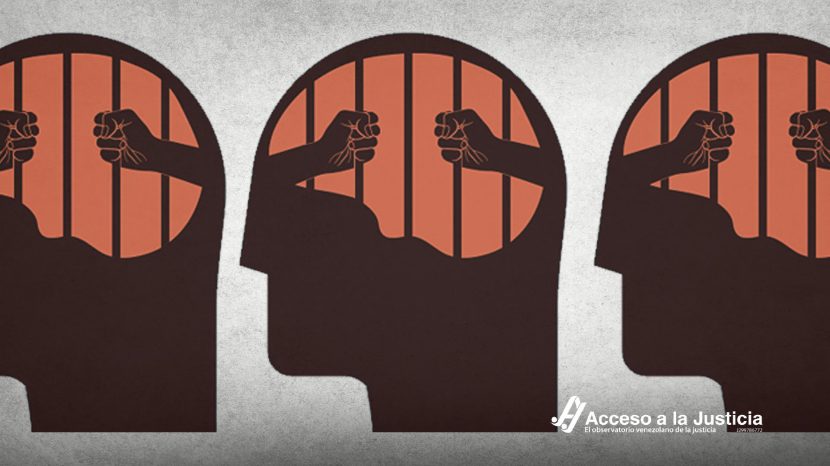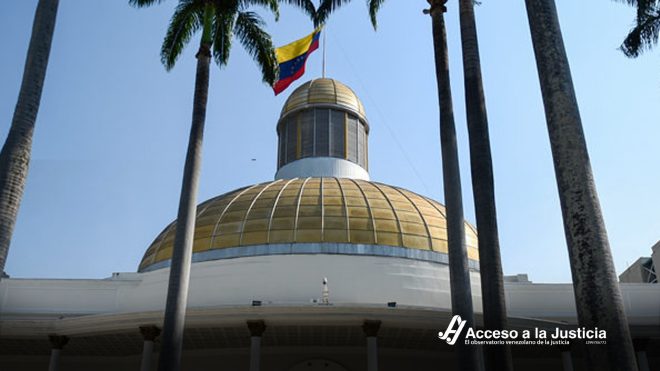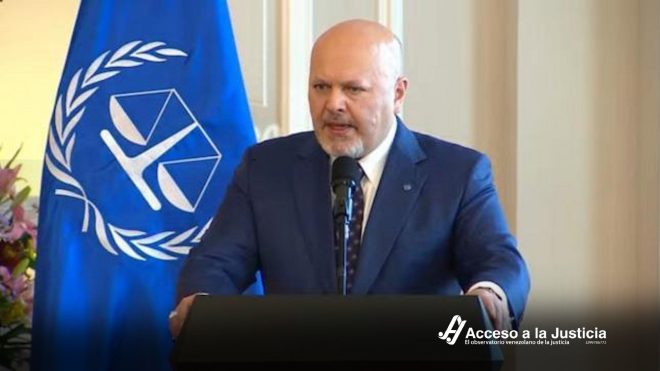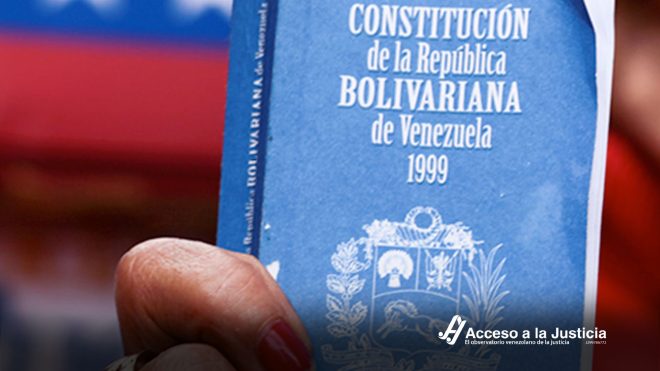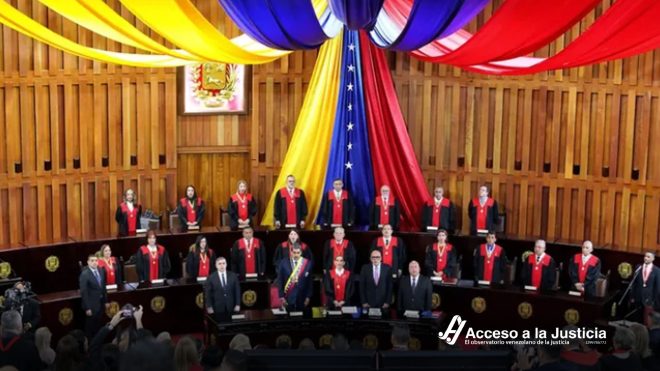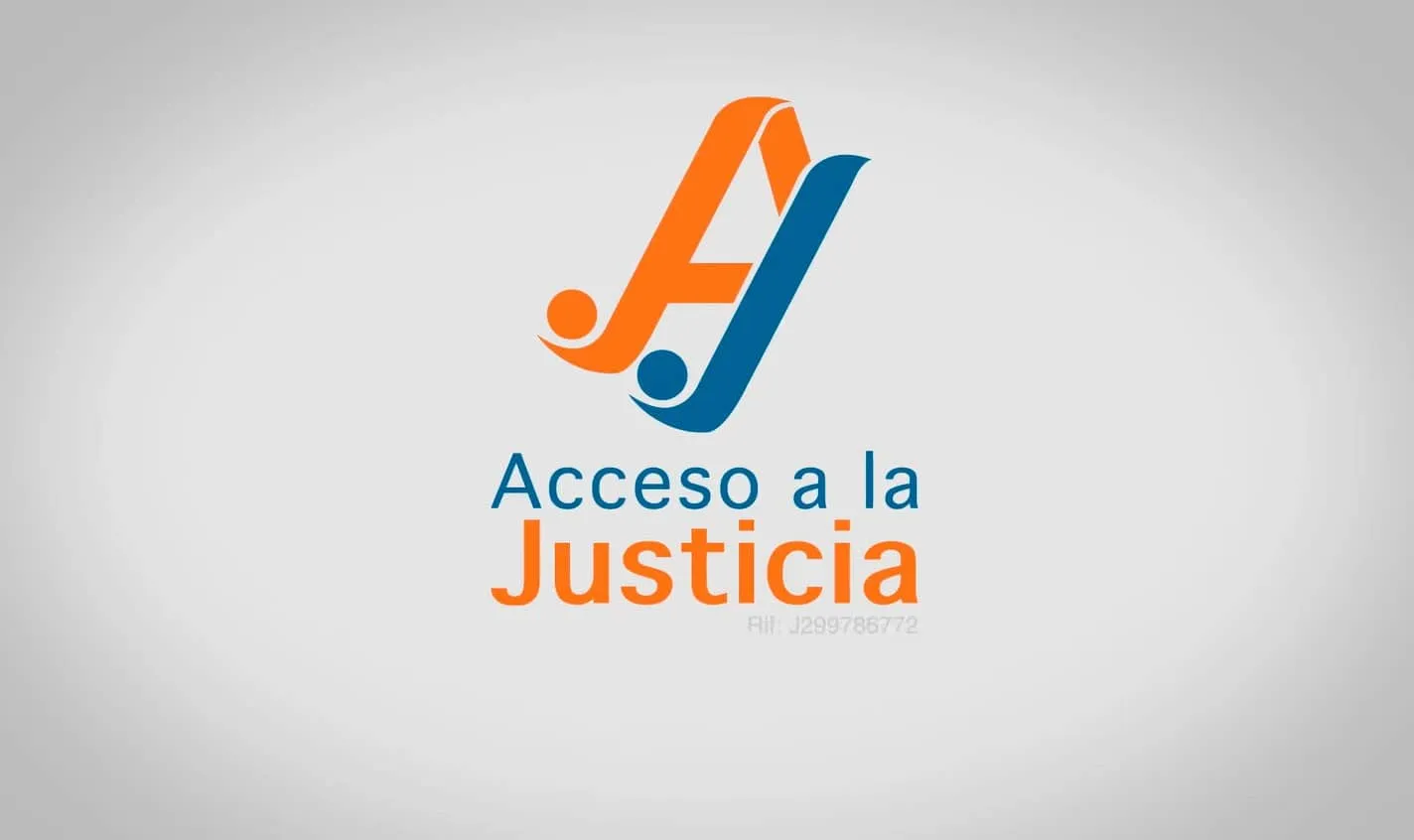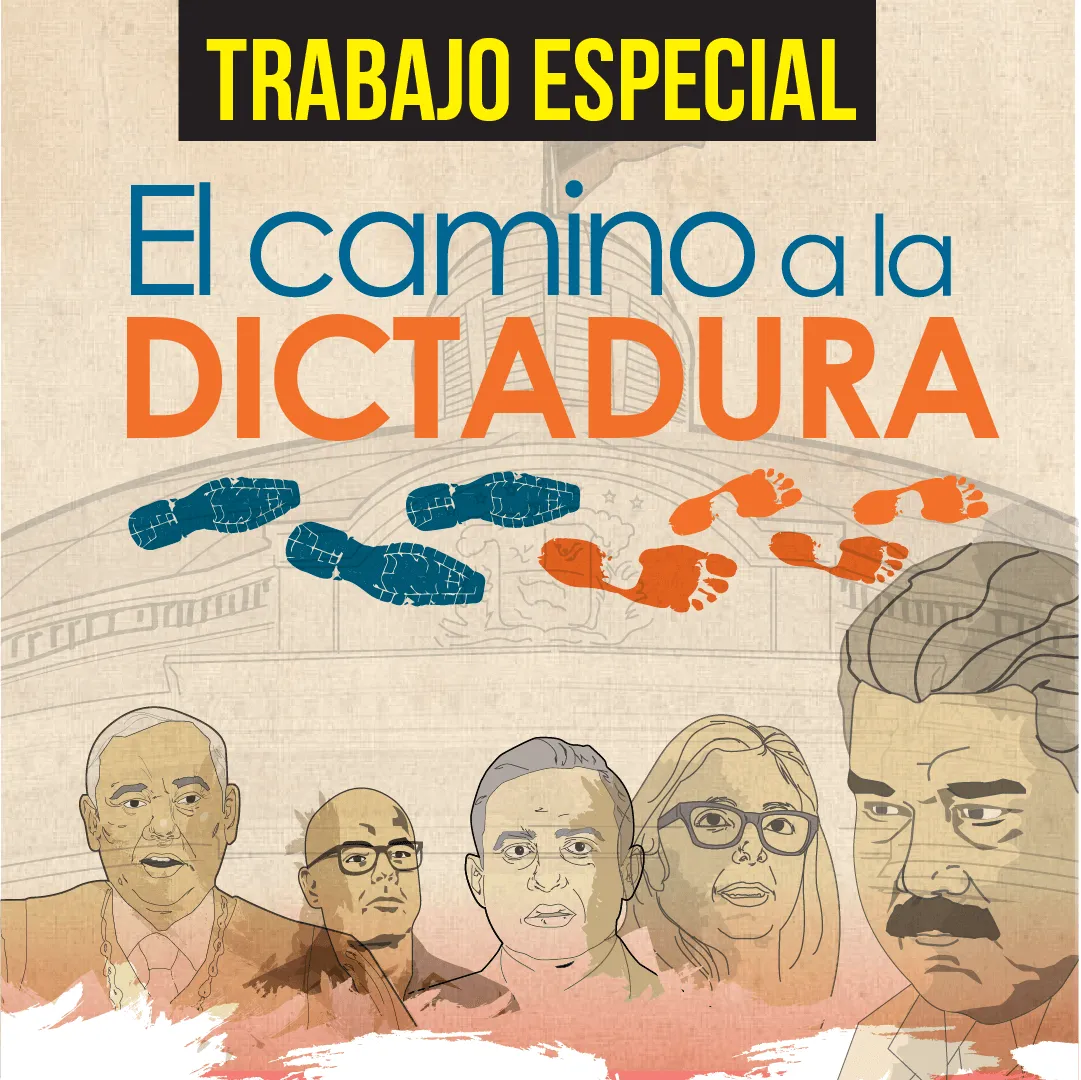There are no limits to the ruling party’s desire for control in Venezuela. After taking control of state institutions, the Bolivarian National Armed Forces (FANB), and silencing the vast majority of independent media, the authorities have launched a fight against one of the few spaces they do not yet dominate: organized civil society. Thus, in recent years they have erected a regulatory wall to suffocate civil organizations.
The complaint is contained in the Access to Justice report Regulatory Siege on Freedom of Association in Venezuela, which states that the instruments adopted or reformed in the last two decades have established obligations “incompatible with international standards” on human rights.
The report reviews the content of nine laws (on the People’s Power; Communal Councils; Communes; Communal Economic System and Social Control; Defense of National Sovereignty and Self-Determination; Political Parties, Public Meetings and Demonstrations; against Organized Crime and Terrorism; Registration and Enlistment for the Integral Defense of the Nation; and the reform of the Income Tax) and four sub-legal norms (the Norms on the Administration and Control of Risks Related to Money Laundering, Financing of Terrorism, and the Reform of the Income Tax); and the reform of Income Tax) and four sub-legal regulations (the Rules for Management and Control of Risks Related to Money Laundering, Financing of Terrorism and Financing of the Proliferation of Weapons of Mass Destruction, applicable to Banking Sector Institutions; Circular SIB-DSB-CJ-OD-06524 of 20th November 2020; Special Rules for Recognition and Functioning of Non-Governmental Associations Not Domiciled in Venezuela; and Rules for Unified Registration of Registers of Regulated Entities with the National Office against Organized Crime and Financing of Terrorism).
“National legislation contains funding prohibitions for civil and political rights organizations (…) incompatible with international standards,” because “it establishes tax, registration and reporting obligations that unnecessarily burden organizations and hinder their activities.”
Several instruments oblige the groups to register in new registries with different public agencies, provide information to the authorities about their activities, and subject them to possible inspections or audits. They also warn that non-compliance opens the door to fines and even the possibility of not receiving authorization to continue operating. Still, they do not define procedures that guarantee due process.
Similarly, several of the norms prohibit or outlaw international funding, which is essential for human rights and humanitarian or charitable organizations to carry out their work. However, the standards of the United Nations and other international bodies recognize it as a legitimate right.
From that dust comes this dust
The report notes that the 1999 Constitution establishes some limitations to the right of association contrary to the provisions of international treaties signed by the Republic.
Thus, although in Article 52, the Constitution recognizes that “everyone has the right to associate for lawful purposes, in accordance with the law,” further on, in Article 256, it prohibits judges from associating among themselves, in flagrant violation of the international standard on the matter, established both in the Covenant on Civil and Political Rights and in the American Convention on Human Rights.
The report also makes it clear that, in comparison with the 1961 Constitution, the current Constitution is regressive by eliminating this article and not containing this specific protection: “The State shall protect associations, corporations, societies, and communities whose purpose is the best fulfillment of the purposes of the human person and social coexistence.”
Most seriously, paragraph 6 of Article 293 gives the National Electoral Council (CNE) the power to organize the elections of political parties, unions, professional associations, and other civil organizations, which has given the state the possibility of intervening in many of these institutions, thus undermining their autonomy and independence. Acceso a la Justicia had already denounced this in its report La toma del poder en los colegios de abogados de Venezuela (2000-2020).
The first big claw
The report also denounces that the so-called laws of Popular Power, issued especially since 2010, represented another blow to the right to association, as they created figures such as the communal councils, whose autonomy is questionable because of the way in which their spokespersons are elected and because their purpose is to help “in the construction of the new model of a socialist society of equality, equity and social justice” (emphasis added).
In addition, these laws close the doors to a group of neighbors to form a civil association with all the freedoms that derive from the right of association because the authorities will not recognize them as legitimate neighborhood representation if it is not presented to them with the scaffolding of popular power, that is, as a communal council.
And you, Venezuelan, how does it affect you?
The Magna Carta does not fully guarantee the right to association in Venezuela. Incidentally, the regulatory framework that Chavismo has dictated in recent years has further restricted the possibility that citizens can organize to participate in public affairs.
This legal scaffolding, coupled with the judicial intervention of unions, bar associations, and universities, plus the harassment campaigns against activists and organizations, explains why the former United Nations High Commissioner for Human Rights, Michelle Bachelet, expressed concern about what she called the “closing of civic space” in the country.
To read the report Regulatory Siege on Freedom of Association in Venezuela in spanish, click here.
To read the report Regulatory Siege on Freedom of Association in Venezuela in English, click here.

